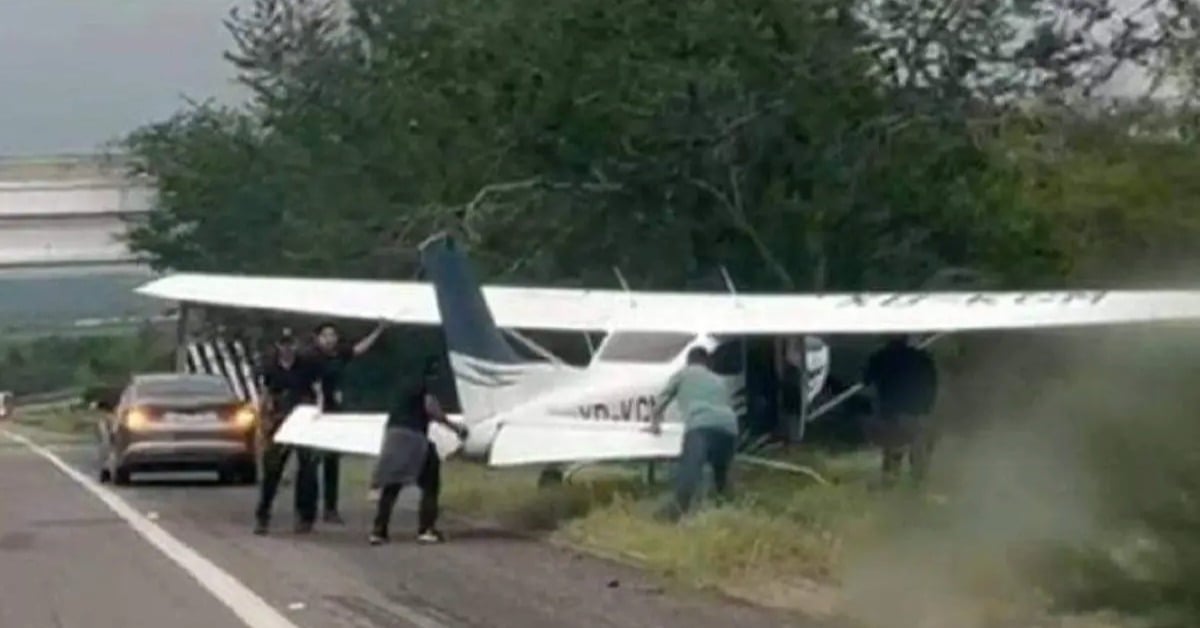A Mazatlán plane emergency landing on the Culiacán-Mazatlán highway near Culiacán was triggered by a fuel supply failure . . .

A Mazatlán plane emergency landing on the Culiacán-Mazatlán highway near Culiacán was triggered by a fuel supply failure . . .
